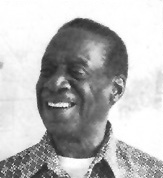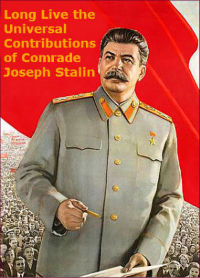This article by Harry Haywood, originally printed in the September 1933 issue of the The Communist, is from A Documentary History of the Negro People in the United States, edited by Herbert Aptheker. According to the editor, the original article “is published below, in part, with the essential argumentation intact.” I am making this article available on the Internet for the first time. For more on this history of the African American National Question, see Freedom Road Socialist Organization’s Unity Statement on National Oppression, National Liberation and Socialist Revolution and The Third International and the struggle for a correct line on the African American National Question.
THE STRUGGLE FOR THE LENINIST POSITION ON THE NEGRO QUESTION IN THE UNITED STATES
by Harry Haywood
The present program of our Party on the Negro question was first formulated at the Sixth Congress of the Communist International, in 1928. On the basis of the most exhaustive consideration of all the peculiarities, historical development, economic, living and cultural conditions of the Negro people in the United States as well as the experience of the Party in its work among Negroes, that Congress definitely established the problem of the Negroes as that of an oppressed nation among whom there existed all the requisites for a national revolutionary movement against American imperialism.
This estimation was a concrete application of the Marxist-Leninist conception of the national question to the conditions of the Negroes and was predicated upon the following premises: first, the concentration of large masses of Negroes in the agricultural regions of the Black Belt, where they constitute a majority of the population; secondly, the existence of powerful relics of the former chattel slave system in the exploitation of the Negro toilers – the plantation system based on sharecropping, landlord supervision of crops, debt slavery, etc.; thirdly, the development, on the basis of these slave remnants, of a political superstructure of inequality expressed in all forms of social proscription and segregation; denial of civil rights, right to franchise, to hold public offices, to sit on juries, as well as in the laws and customs of the South. This vicious system is supported by all forms of arbitrary violence, the most vicious being the peculiar American institution of lynching. All of this finds its theoretical justification in the imperialist ruling class theory of the “natural” inferiority of the Negro people. Continue reading

















